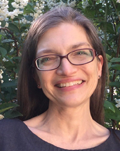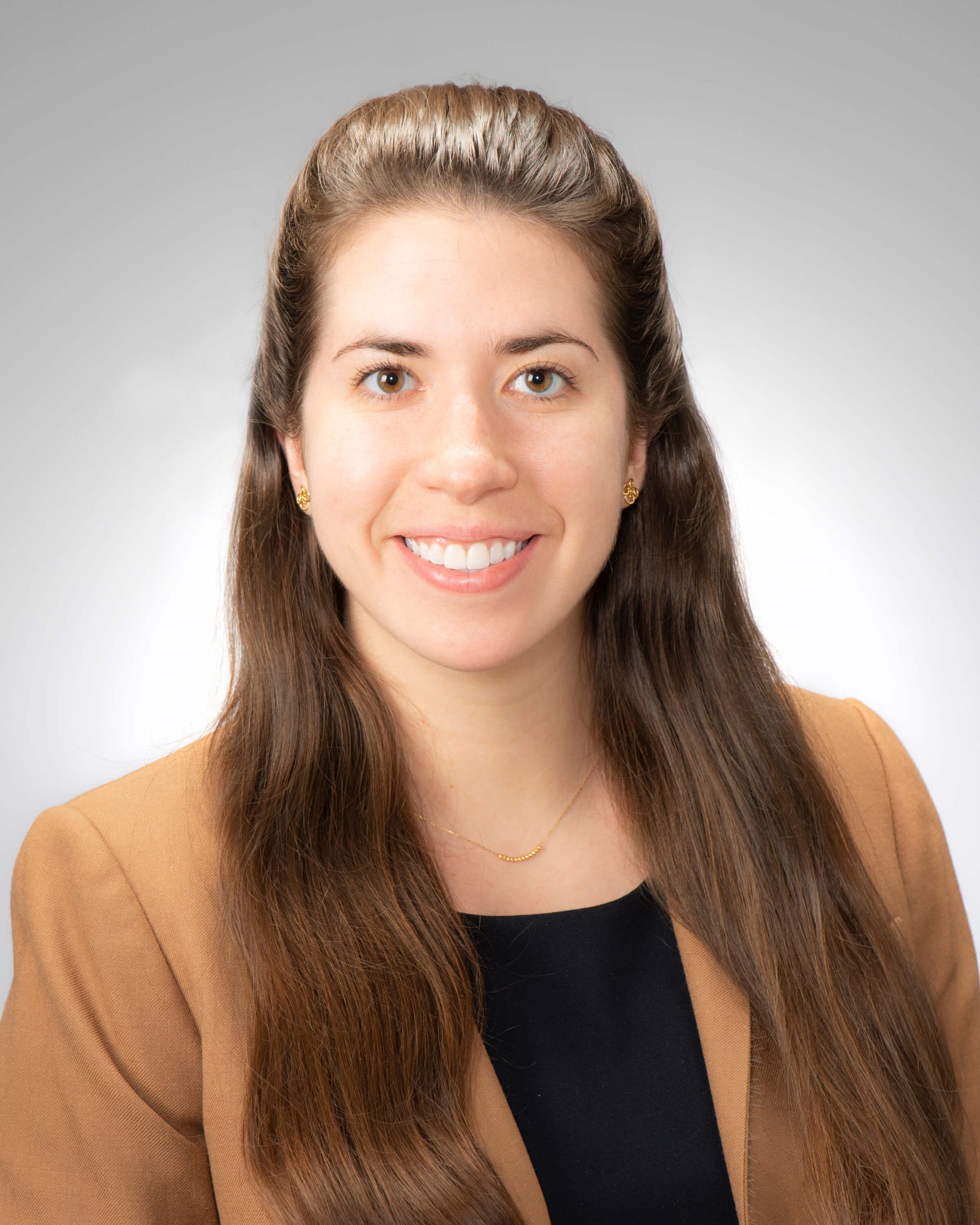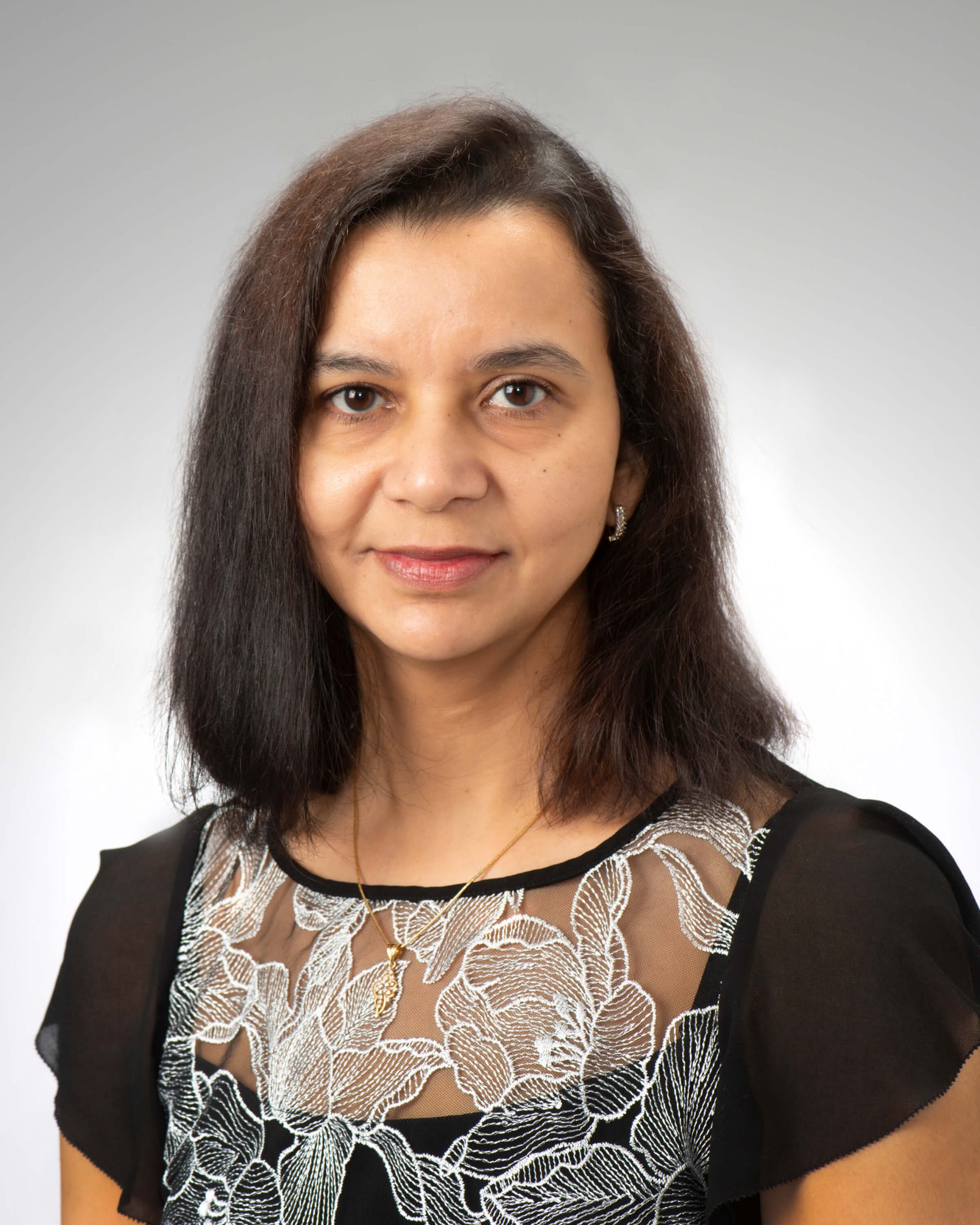Geriatrics Track
Why Geriatrics?
As our population ages, we will need a workforce that is well-equipped to provide patient-centered, goal-focused care for older adults. Nationally, older adults comprise 15-25% of the adult population but account for 50-60% of the hospitalized adult population. The six-county region surrounding Pittsburgh is disproportionately old, with 24% over the age of 65.
The consequences of an aging patient base are multifaceted. Physiologic, pharmacologic, and pathologic changes of aging affect disease presentation, natural history, differential diagnosis, response to treatment, and decisions regarding screening and preventive care. The multiplicity of care settings, regulations, and payment mechanisms also affect decision making and outcomes. Knowledge of these issues can help physicians differentiate normal aging from disease, juggle the challenge of multimorbidity, avoid iatrogenesis, and optimize older adults’ independence and quality of life. Such knowledge can also position physicians to help identify system-based problems and devise ways to make healthcare safer and more responsive to the needs of the oldest, chronically ill and frail. We need a workforce that is expert in providing geriatric-friendly care.
What are the core Geriatrics rotations?
All internists must be prepared to take care of an aging population. Our internal medicine residents spend at least 6 weeks in geriatrics rotations: two weeks of inpatient consultation, two weeks of outpatient consultation and primary care, and two weeks in inpatient geriatric hospitalist care. In each of these settings we emphasize integration of the Geriatrics 5Ms:
- Mind (mentation and mood)
- Mobility (functional mobility and capacity for independence)
- Medications (polypharmacy and deprescribing)
- Multi-complexity (multimorbidity, frailty, and prognosis)
- What Matters Most (healthcare values, priorities and goals)
Why opt for additional training in Geriatrics?
We can think of a few reasons:
- Enhance your skills to care for clinically complex patients outside of the hospital
- Develop a patient-centered approach to managing advanced illness
- Gain expertise in transitioning patients between various care settings
- Practice within an interprofessional team
- Get to know clinical and research mentors who love what they do
- Learn more about our nationally recognized division here.
What is the Geriatrics Track?
We are proud to have developed one of the first geriatrics tracks in the country. Track components include:
- Geriatric medicine continuity clinic during outpatient blocks (splitting time with General Medicine Clinic)
- Geriatrics weekly conference. Topics emphasize core geriatrics competencies, interprofessional collaboration, and geriatrics journal club.
- Advanced electives in geriatrics:
- Syndromes and Synthesis – Consultation skills for geriatric syndromes
- Rehab and Recovery – Post-acute, interprofessional team-based care
- Aging Brain – Diagnosis and management of dementias and mood disorders
- End of Life in Geriatrics – Settings and systems of care in life-limiting illness
- We offer the geriatrics track to all interested residents, including those who may be considering a career in academic geriatrics. Generalists and subspecialists alike will benefit from understanding principles of geriatric medicine; in fact, many subspecialty organizations have embraced the need for geriatrics integration into clinical training and research. Multiple members of our division are dual-boarded in geriatrics and another subspecialty and lead these integration efforts nationally.
What is the Internal Medicine-Geriatrics Integrated Training Program?
In 2022, we received ACGME approval to launch a 4-year integrated program in Internal Medicine and Geriatrics. Graduates will be eligible to sit for both board exams at the end of the four-year period. Because some geriatrics requirements can be completed during PGY 1-3, our PGY4 residents have protected time for additional professional/career development (research, coursework, other scholarly work).
- Sample schedule: IM-Geri Integrated training program
1.Block rotations by training year PGY1 PGY2 PGY3 PGY4 Geriatric Consult (Inpatient)/ Geriatric Hospitalist (Green Team) Geriatric Syndromes Outpatient Geriatric Evaluation and Management (Outpatient Consult) Neurology GIM IP Geriatric Rehab/Recovery Neurology/Aging Brain LTC Leadership Ambulatory Palliative Medicine Geriatric MSK Geriatric Consult MICU GIM IP GIM IP Geriatric Hospitalist Elective Elective Ambulatory Geriatric Psych GIM IP Hem-Onc IP GIM IP Home-based primary care Elective Night float Elective Individualized professional development Cardiology IP MICU ICU Emergency Med Ambulatory Elective GIM IP CCU Specialty IP Night float Elective Elective Hem Onc IP GIM IP ICU Continuity Experiences GIM clinic ½ day per week during outpatient blocks Geriatric Clinic ½ day per week Geriatrics clinic ½ day per week during outpatient blocks NH ½ day/week, geriatrics blocks ½ day per week
Further information about our fellowship program is located here.
What do our graduates go on to do?
We assign a mentor to each of our track residents and provide resources and support to help each resident define and pursue their own individualized career goals.
Our geriatrics track graduates have pursued a variety of opportunities:
- Fellowships: cardiology, critical care medicine, endocrinology, geriatrics, hematology/oncology, nephrology, palliative care, and rheumatology
- Hospitalist practice
- Private practice primary care, pursuing organizational leadership roles.
“The UPMC Geriatrics Track was a tremendous launching pad for me, not only for my geriatric medicine fellowship, but also for my career. The track provided early and significant opportunities to see, learn, and practice compassionate care of the older adult and their family. I received strong mentorship, guidance in a geriatric scholarly project, and opportunities to meet with geriatricians who are now my colleagues.”
“I joined the Geriatrics Track as a second year medicine resident and had a wonderful experience in the Geriatrics division. I had developed an interest in geriatrics during medical school but had not joined the track initially simply because early on I was undecided about my long term career plans. I realized during my intern year that I really enjoyed working with geriatric patients. I found the elderly to be a population with unique challenges for delivering medical care and in optimizing recovery that made patient care all the more rewarding for me. I also developed an interest in pursuing pulmonary and critical care medicine as a career and decided to join the geriatrics track to help enrich my long term clinical and academic interests.”
Read more about Faraaz's experience with the geriatric track.
“I joined the Geriatrics Track as a second year medicine resident and had a wonderful experience in the Geriatrics division. I had developed an interest in geriatrics during medical school but had not joined the track initially simply because early on I was undecided about my long term career plans. I realized during my intern year that I really enjoyed working with geriatric patients. I found the elderly to be a population with unique challenges for delivering medical care and in optimizing recovery that made patient care all the more rewarding for me. I also developed an interest in pursuing pulmonary and critical care medicine as a career and decided to join the geriatrics track to help enrich my long term clinical and academic interests. My experience in the Geriatrics track was phenomenal. The attendings within the division are great teachers with a wealth of experience and have been seeing some of their geriatric patients for decades. The didactic sessions prepare you for many diverse aspects of geriatric medicine ranging from minimizing polypharmacy to geriatric syndromes to managing psychiatric disorders in the elderly. Most of all the division has the feel of a close family and I always felt supported in my endeavors. The training in the Geriatrics track has prepared me well for my experience in pulmonary and critical care medicine, much more than I had anticipated. For example, my experiences working in the Benedum Center treating incontinence, malnutrition, and delirium as an outpatient have been invaluable in treating geriatric syndromes in an intensive care unit setting where they are often under-recognized. My experiences working in nursing homes and rehab settings have helped me better inform patients and families about what to expect during the long road to recovery following critical illness. My experiences working alongside palliative care teams have prepared me to discuss goals of care in a sensitive and respectful manner when recovery is not an option. In addition to enhancing my clinical experience, the Geriatrics track also enriched my academic experience. Through my scholarly project, I was able to combine my interests in geriatrics and critical care medicine. I developed a research project with a mentor in the Department of Critical Care, Dr. Sachin Yende, a clinical epidemiologist and translational scientist who studies long term outcomes after critical illness. My project utilized a clinical database to study a bidirectional relationship between cognitive dysfunction and pneumonia, both of which can lead to loss of independence in the elderly. I presented our findings at conferences within the Geriatrics division which prepared me for presenting internationally at the American Thoracic Society Annual Conference and in preparing our study for publication in the American Journal of Respiratory and Critical Care Medicine. I am delighted by the experience I received in the Geriatrics track and look forward to meeting the next generation of Geriatrics track residents in the years to come.”
- The Department of Medicine offers several positions in the Geriatrics Track each year through the categorical training program. Applicants for the Internal Medicine-Geriatrics 4-year integrated training program will select a unique NRMP program code. Please contact Karen Scandrett or Dr. Cara Mitchell for additional information about these programs.
- For more information about general application procedures, visit our How to Apply page.
Sample Schedule of a Geriatrics Track Resident
GERIATRICS TRACK |
|
PGY1 |
5-6 Months of Inpatient Floors
|
|---|---|
1 Month Medical ICU |
|
1 Month CCU |
|
2-3 Months Electives |
|
2 Weeks Night Float |
|
|
|
Continuity clinic 1 full day per week every other month (outpatient months); |
|
PGY2 |
4 Months of Inpatient Floors
|
1-2 Months ICU (Medical ICU or CCU) |
|
1 Month Inpatient + Outpatient Geriatrics |
|
1 Month Ambulatory Block |
|
2-3 Months Electives including Advanced Geriatrics Elective |
|
2 Weeks Night Float/2 Weeks VA Emergent Care Center |
|
Continuity clinic 1 full day per week every other month (outpatient months); |
|
PGY3 |
3 Months of Inpatient Floors
|
1-2 Months ICU (Medical ICU or CCU) |
|
3-4 Months Electives including Advanced Geriatrics Elective |
|
1 Month Special Elective |
|
2 Weeks Night Float/2 Weeks VA Emergent Care Center |
|
Continuity clinic 1 full day per week every other month (outpatient months); |
|
Karen Scandrett, MD, MPH
Director, Geriatrics Track
Cara Mitchell, DO
Associate Director, Geriatric Track
Shachi Tyagi, MD, MS
Associate Track Director, Research Liaison


